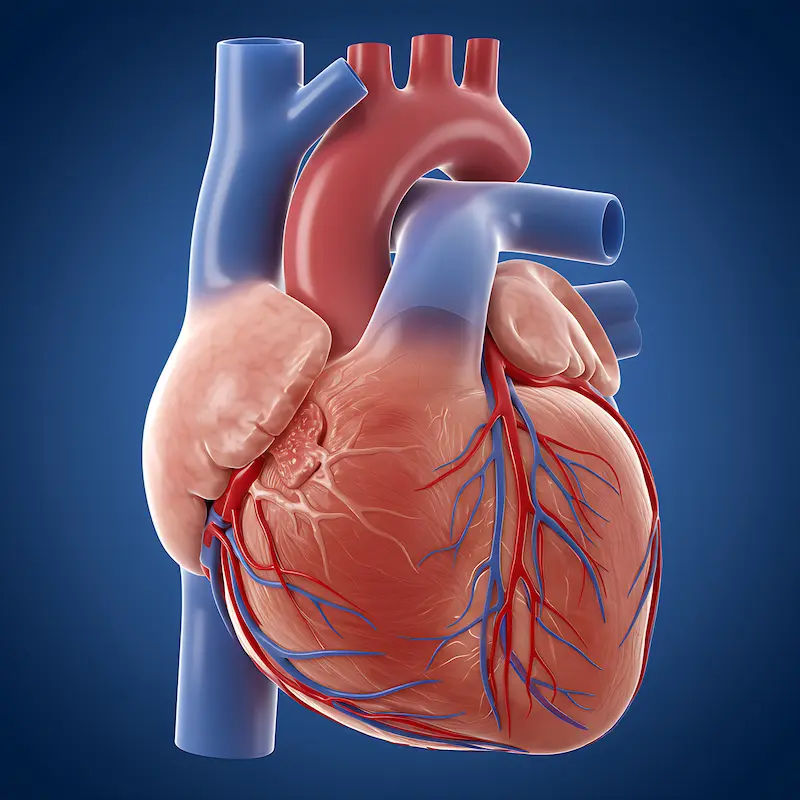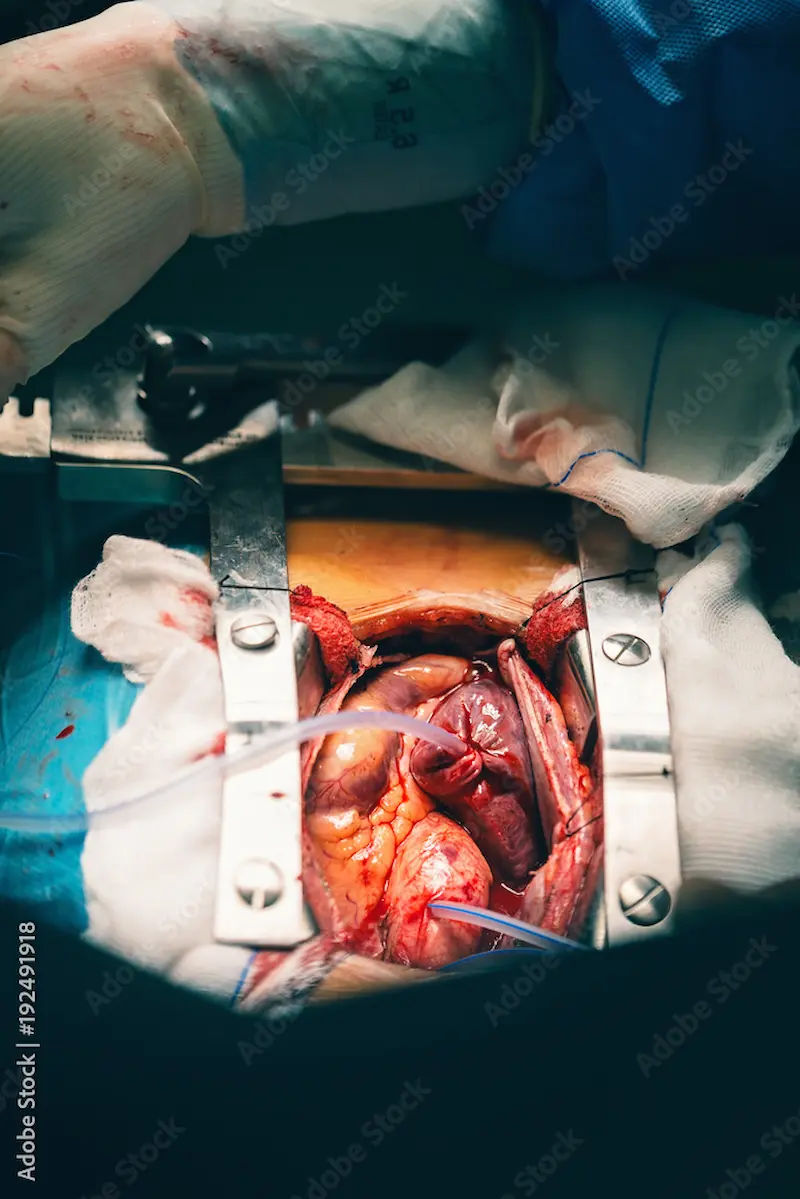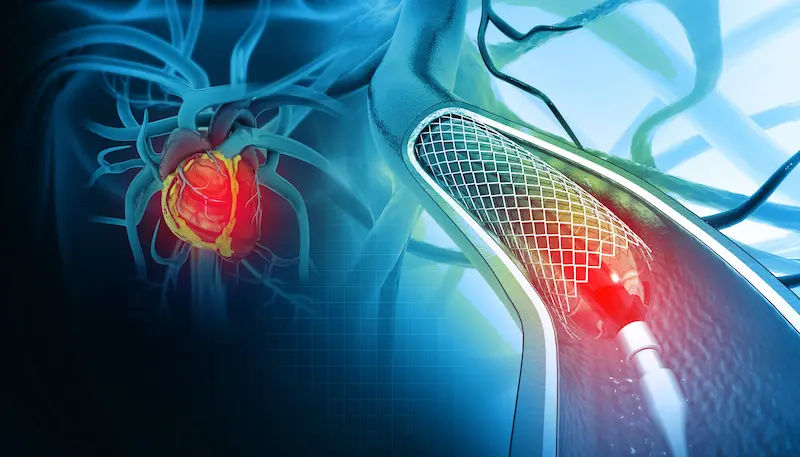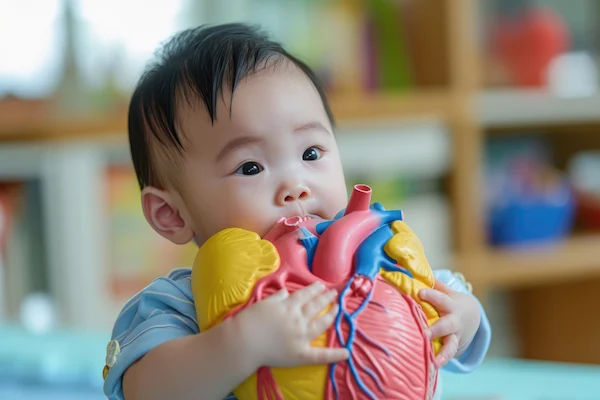- Male
- 32 Years
- 20/02/2025
I'm feeling a lot of pain in the upper muscles of my chest, even though I can breathe normally. It feels like there's pressure on my chest. I recently had a chest X-ray, and the doctor said it was normal. I've got acidity, and I'm not sure if that's what's causing this much pain. It sometimes feels like I might fall over, but my blood pressure and sugar levels are normal. I'm really anxious about my health. I've already taken all the reports; CT scan for my brain was normal, and liver, kidney, and thyroid are also fine. I even checked cardio and took a TMT which came back negative. But both the right and left chest muscles are still hurting. What should I do?
Answered by 1 Apollo Doctors
tab pantop 40mg for 5 day and continue anxiety treatment
Dr. Kareemulla Suggests...
Consult a Cardiologist
Answered 04/07/2025
0
0


Ask Apollo
AI powered Health Chatbot
-
Pain Management: a. Consider using over-the-counter pain relief like ibuprofen or acetaminophen. b. Apply warm compresses to the affected area to alleviate muscle tension.
-
Acidity Control: a. Use antacids or proton pump inhibitors as needed. b. Avoid spicy, fatty foods, and large meals to reduce acid reflux.
-
Anxiety Reduction: a. Practice relaxation techniques such as deep breathing or meditation. b. Engage in regular physical activity to help manage stress.
-
Follow-Up: a. Consult a healthcare provider if symptoms persist or worsen. b. Consider a referral to a specialist, such as a gastroenterologist, for further evaluation.
Recommended next steps
Consult a Gastroenterology/gi Medicine Specialist
Answered 10/09/2025
0
0
More Cardiology Health Queries
View allI'm having some trouble with my blood pressureit keeps staying high around 160111 and 155100 even after I've taken my medication. Can you help me understand why this might be happening and what I can do about it?
High blood pressure can be a serious condition if not properly controlled. I recommend you start taking Amlodipine (brand name Norvasc) 5mg once daily. Additionally, you can also add Hydrochlorothiazide (brand name Microzide) 12.5mg once daily to help lower your blood pressure. It is important to monitor your blood pressure regularly and make lifestyle changes such as reducing salt intake, exercising regularly, and maintaining a healthy weight.
Answered by 1 Apollo Doctors
I'm really worried about my dad. He has a stent in his heart, and when we checked his pulse on the oximeter, it showed 5659. He's also taking Concor 5. Could this be something serious?
A pulse rate of 56-59 beats per minute can be considered lower than normal (bradycardia), especially for someone with a history of heart issues like stenting. Concor 5 contains Bisoprolol, which is a beta-blocker used to treat high blood pressure and heart conditions. In this case, the low pulse rate could be a side effect of the medication. It is important to monitor his pulse rate regularly and consult with his healthcare provider. If he experiences symptoms like dizziness, fainting, chest pain, or shortness of breath, seek medical attention promptly. The dosage of Concor 5 should be reviewed by his doctor to ensure it is appropriate for him.
Answered by 1 Apollo Doctors
I'm dealing with diastolic dysfunction grade 1 and sinus tachycardia and I've been having episodes of chest pain on and off. Sometimes I can't sleep throughout the night because of it. What should I do?
Consult your cardiologist to discuss
Answered by 1 Apollo Doctors
Disclaimer: Answers on Apollo 247 are not intended to replace your doctor advice. Always seek help of a professional doctor in case of an medical emergency or ailment.





